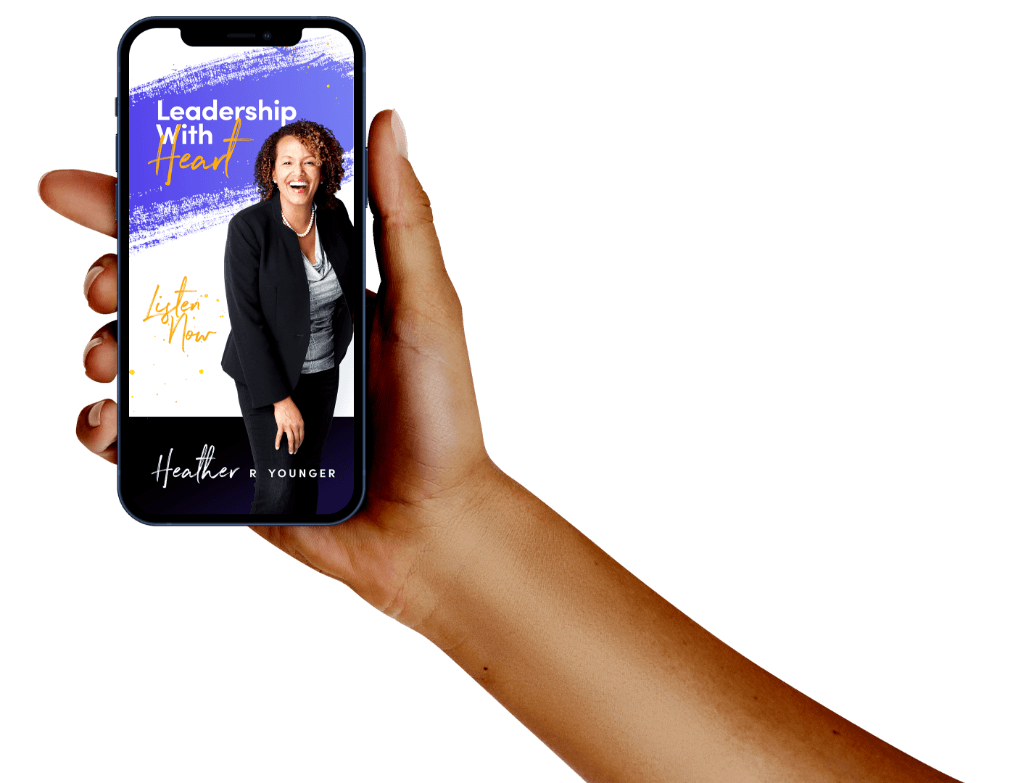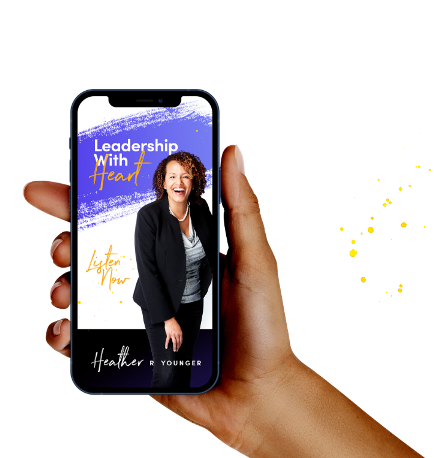Backstory
I worked hard to eliminate my victim mindset. “Victim” is defined as (1): one that is acted on and usually adversely affected by a force or agent (2): one that is subjected to oppression, hardship, or mistreatment.
Over a year ago, I stepped onto the TEDx stage to share a part of my story of overcoming adversity and a victim mindset. At the time, I remembered seeing what I thought of as “victim” thinking on a large scale. Whenever I turned on the news, the story line was that this person or group of people did this thing, or could not do this thing, because these things happened to them and made it impossible for them to make different and better choices. As such, I was growing disheartened by the growing message that people must accept their circumstances and place limits on themselves as a result.
In my TEDx talk titled, Transforming Adversity into Opportunity, I shared a portion of my story where I was an outcast in my own family, because of my race. Unfortunately, I felt like I wasn’t good enough, worthy, listened to, cared for, or important. While my family experience hurt me deeply, I did not let their perception of me be the end of my story; I refused to use my circumstances as a crutch. You see, while I may have been victimized, I could choose whether I would define myself as victim.
When I refer to victim in this context, this is not meant to be against victims themselves. Rather, in the behavioral context, I am referring to the ability to think and act counter to any impact of a challenge or threat we are facing. While many of us do have to fight against our very real feelings of being victimized daily, what wins out is what matters.
For most, it is hard to think differently when faced with adversity. The things that are happening to us or around us are very real. Fight as we might to set them aside, we are often stuck, which makes it hard to move forward. Nonetheless, if we are to move forward and overcome the thing that threatens us, we must think and act differently about our circumstances and disavow a victim mindset.
Below are three main strategies I use to change any victim thinking to that of empowerment and action:
1. Put on the armor
When I reference “put on the armor”, I don’t mean that we cannot be human and feel the pain of our circumstances. To the contrary, we must recognize what is happening to us, but we must create a sort of “adversity deflector”. Recently, I watched one of my favorite movies, Remember the Titans. In it, Denzel Washington, a black actor, plays as the head coach for a recently integrated high school in the South in the 1960’s. What strikes me most every time I watch it is his ability to recognize how the community negatively perceives him, and his similar focus on putting on the armor, staying centered and, despite it all, moving forward to achieve his vision for the team.
I know that this practice is not easy. Right now, I see my cousin, who has been fighting breast cancer for ten years, hold a smile on her face even after tough days of treatment. I don’t hear her complain. Quite the opposite, I see her walk with her shoulders high and put on the armor of great courage.
She has effectively eliminated any victim mindset.
2. Learn to reframe
In my TEDx, I spoke about the process of reframing, which is something I do all the time. The best way to begin this process is to see our circumstances as a gift. For example, what did you learn because of the challenges you faced or are facing? Often, what we learn replaces what we lost, or the pain we experienced.
The real process of re-framing requires, first, that we recognize and even write down our irrational thoughts surrounding the challenge. Then, we must actively and intentionally change the irrational thoughts into rational thoughts. Then, what I do is visualize a “switch” in my head, and I flip it to help me see the positive side and move forward.
If we are to shed a victim mindset, we must reframe our way there.
3. Focus forward
While I do believe that the stories of our past are useful in helping us and others move forward, we need to create new forward-focused stories. The most effective way to focus forward is to write down your goals and desires on paper and place them in front of you. Over twenty years ago, I was a Sales Director with May Kay Cosmetics. One of the strategies they taught was to have affirmation posters that were both visual and descriptive. Fortunately, this helped me stay focused on moving forward and not making excuses. As such, there was very little room for victim thinking.
Another way to keep focusing forward is to surround yourself with people who move that same way through life. Think about it, if you hang around people whom are always looking back, or making excuses, you will be tempted to do the same.
Lastly, it is easier to focus on one step at a time, but while putting one foot in front of the other. Visualize that for a moment. When we focus on the forward movement, there is not time or need to look back. As such, I keep multiple things on my radar and as a part of my plan at a time so that I am focusing on the very next thing.
Conclusion
“Woe-is-me” thinking and acting gets us nowhere. If we want to move forward, have impact and uplift others, we must put on the armor of courage, learn to reframe the irrational and focus forward on what we can influence and change. When we do these things, we empower ourselves to act as victor and not as victim.

If you are struggling to uncover what you can influence, having a hard time making excuses for moving forward, or need to find your personal power, download my free mini-course and action-planning guide to help you focus-forward.
Click download link below.
Download Here






Thank you, Heather, for this insightful message! It comes at just the right time for me. I will go through these practical steps ASAP. May you be richly rewarded for the good work you are doing!
Jenny, I am glad it resonated and that it can help you in some way.
Heather